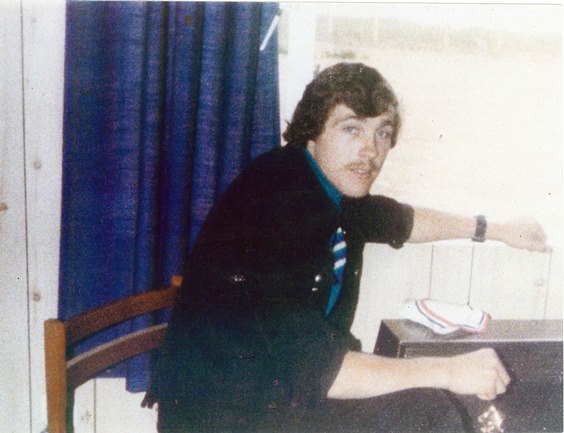2016 is the 35th anniversary of the hunger strike in the H-Blocks of Long Kesh. There will be many commemorations this year, which is, of course, also the centenary of the Easter Rising in 1916, an event that inspired Irish republicans throughout the twentieth century, particularly in the ‘abandoned’ North.
In 1981, over a seven-month period, ten young men from the Six Counties, two of whom were married, Joe McDonnell and Bobby Sands, others of whom had girlfriends, including one hunger striker whose loved one was imprisoned in Armagh Jail, died protesting against the British that their struggle for freedom and independence was noble and legitimate and that if there was any criminality and illegality it was committed by the British government.
The world watched in awe and came to condemn Thatcher and her government. The truth of the Irish struggle for freedom was undeniable from whatever period in history is arbitrarily chosen.
That painful period of 1981 – coming after the suppression of the Civil Rights Movement; the pogroms of 1969; the British army curfew of the Falls; the torture, the hooded treatment of internees in 1971; the street murder of 13 teenagers and men in Derry – is seared in the minds of this young generation in Ireland, north, south, east and west, a generation without borders, who, despite never even have been born during this time, hold dear the years 1916 and 1981.
The Bobby Sands Trust protects the memories of our ten men dead; promulgates their declaration of freedom.
One might think the story is exhausted.
Never.
Just this week we received a ‘new’ photograph of Francis Hughes which we don’t think was ever published before.
In this photograph Francis is 23 or 24. He has left the family home for good. Left behind his mother and father, his nine brothers and sisters. He is daring. He is extraordinary. He takes to the fields. Heaney later mentions him in a poem, which does not do justice to his life, his pride, his courage, his self-sacrifice. No one could do justice to his life, his sacrifice on hunger strike in that awful prison hospital. No one could imagine what Francis Hughes goes through. Christy Moore later writes a song about him, The Boy From Tamlaghtduff.
Like Tom Barry and Dan Breen, Francis Hughes wages armed struggle against the Brits. His decision to fight puts him on the run. The RUC issue a ‘wanted’ poster of Francis and two fellow republicans, Dominic McGlinchey and Ian Milne, in which Francis is named as the ‘most wanted man’ in the North.
He is resting in the home of a supporter and, reluctantly, agrees to be photographed, before he again takes to the fields and the roads. He has no idea of what was before him, being shot, escaping over fields, being caught, going to the Crum and the H-Blocks where prisoners are being tortured daily.
But not once did he balk. Not from the blanket. Not from hunger. Not from death.
Francis Hughes was born sixty years ago on February 28th, 1956. He died on the fifty ninth day of his hunger strike on May 12th 1981, seven days after Bobby Sands.




